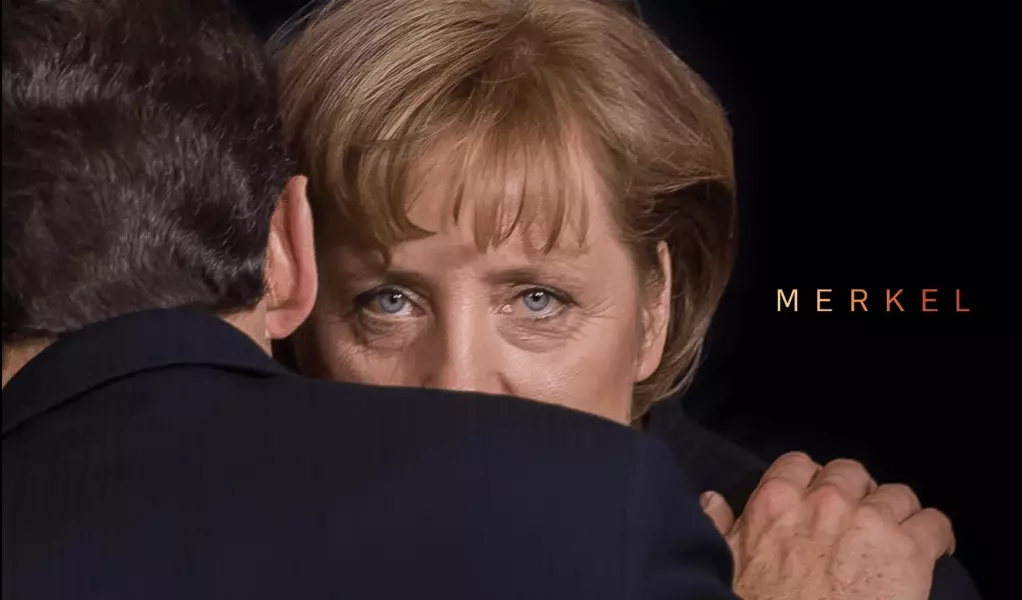Angela Merkel, the first female Chancellor of Germany, shaped both her nation and the European landscape over a tenure that spanned 16 impactful years. As the daughter of a Lutheran pastor in East Germany, Merkel’s distinctive background provided her with a unique lens through which to engage with complex political dynamics. After the fall of the Berlin Wall, she charted her course not only through traditional political pathways but also in her academic field as a quantum chemist. Merkel’s rise was emblematic of not merely overcoming challenges as a woman in a predominantly male-dominated arena but also of her strategic approach to politics that often saw her navigate intricate issues with pragmatism and foresight.
Merkel’s journey into politics was unconventional yet compelling; she emerged as a symbol of resilience and intellectual strength. Her ascent in leadership was marked by a collection of extraordinary decisions, most notably the 2015 immigration policy that saw an influx of over a million refugees into Germany, primarily escaping conflict in Syria. This decision underscored Merkel’s commitment to humanitarianism but also set the stage for escalating political tensions, culminating in the emergence of right-wing factions like the Alternative für Deutschland (AfD). Such complexities demonstrate how her actions, while noble, recalibrated the political landscape in ways she may not have anticipated.
The documentary “Merkel,” directed by Eva Weber, seeks to demystify the chancellor’s life and tenure by intertwining rich archival material with personal interviews. This approach lays bare not only Merkel’s political strategies but also the scrutiny that often accompanied her as a female leader. The film includes reflections from political figures such as former U.S. Secretaries of State and allies, enriching its exploration of Merkel’s influence on international relations and her legacy concerning global democratic values.
The documentary addresses the stark double standards experienced by women in leadership positions. Whereas male counterparts may have navigated their tenures with little query on their capabilities, Merkel faced severe judgment not just as a politician but as a woman in power. However, far from being a portrayal solely focused on the pressures of leadership, the film adopts a tone that balances humor and poignancy, crafting a narrative that acknowledges Merkel’s formidable intellect and strong principles while celebrating her human side.
Notably, Merkel’s leadership was characterized by its pragmatic nature, often prioritizing results over ideology. In her tenure, especially amidst global challenges such as the refugee crisis and a rise in populism, Merkel emerged as a stabilizing force in Europe, frequently pushing back against authoritarianism. This counterbalance became particularly crucial during the tumultuous era of Donald Trump’s presidency, as she defended democratic values and the importance of collaboration among nations.
With her retirement marking the end of an era, the mantle of leadership has shifted to Friedrich Merz, her likely successor as the head of the Christian Democratic Union. Merz’s political ambitions, initially hindered by Merkel’s rise to power, reflect the enduring impact of Merkel’s decisions on the trajectories of many politicians and political parties in Germany. The upcoming coalition negotiations between Merz’s party and the center-left Social Democratic Party will likely determine the future course of German and European policy in a time rife with complex geopolitical dynamics.
As the documentary “Merkel” dives into the multifaceted narrative of Angela Merkel’s life, it leaves viewers to ponder the profound impact of her legacy. In a time characterized by polarization and flux, Merkel’s approach to governance—defined by integrity, analytical prowess, and compassion—serves as a compelling reminder of the kind of leadership that fosters resilience and unity. In her tenure, Merkel was not only a leader; she was a beacon of hope and stability, with her imprint on German politics and beyond to endure long after her departure from office. As Germany navigates through new political waters, the lessons gleaned from her leadership journey remain more relevant than ever.
